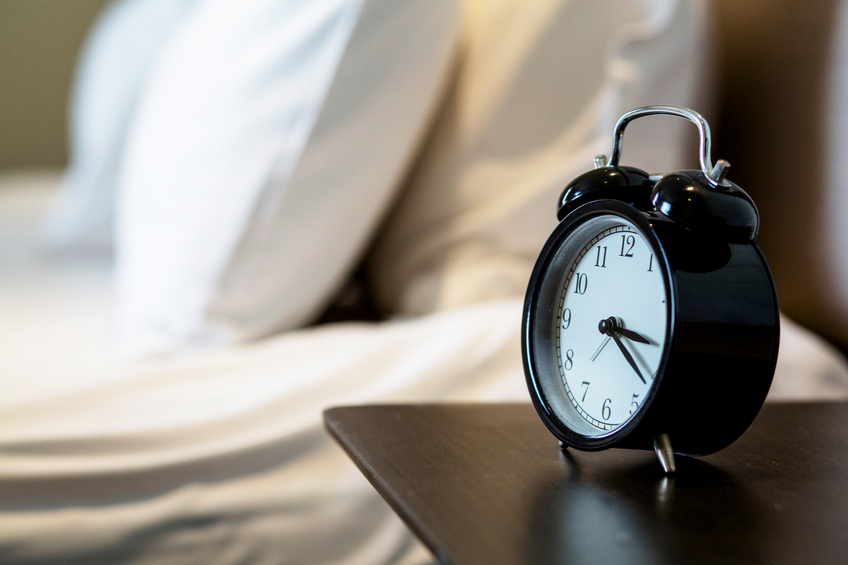Q: How much sleep do I really need?
A: The answer varies considerably across age groups—and from person to person. For most adults, 7 to 8 hours a night appears to be the best amount of sleep. However, infants generally require about 16 hours of sleep per day, while teenagers need about 9.
Q: What happens if I don't get enough sleep?
A: The cumulative affects of sleep deprivation are broad yet potentially serious. Experts believe that sleep is necessary for our nervous systems to work properly. Too little sleep leaves us drowsy and unable to concentrate. The consequences can range from diminished job performance to driver fatigue, which accounts for an estimated 100,000 motor vehicle accidents annually.
In addition, certain sleep disorders, like sleep apnea, have been linked to a number of medical conditions, including depression, high blood pressure, irregular heartbeats, and an increased risk of heart attacks and stroke.
Q: What are some of the warning signs of sleep deprivation?
A: Generally, if you feel drowsy during the day, you haven't had enough sleep. The same is true if you fall asleep within five minutes of lying down. Microsleeps, or very brief periods of sleep in an otherwise awake person, are also warning signs of sleep deprivation.
Q: Do older adults experience more sleep problems?
A: The elderly don't experience more sleep problems, but they do experience different ones. Sleep studies show that men and women over the age of 65 experience frequent problems with deep sleep, also known as REM. Therefore, they tend to sleep more lightly and for shorter periods of time. Plus, insomnia tends to be a bit more prevalent among older adults.
Q: How can I get a better night's sleep?
A: Some of the tips for better sleeping include:
- Going to bed at a set time each night and get up at the same time each morning. This helps establish a steady sleep cycle.
- Exercising 20 to 30 minutes a day. For maximum benefit, workout about 5 to 6 hours before going to bed.
- Avoiding caffeine, nicotine and alcohol. Smokers tend to wake earlier due to nicotine withdrawal and alcohol diminishes deep sleep (REM).
- Relaxing before bed. A warm bath, reading or another relaxing routine can make it easier to fall asleep.
- Reading, watching television or listening to music if you can't sleep. The anxiety of lying in bed and not being able to fall asleep can actually contribute to insomnia.

